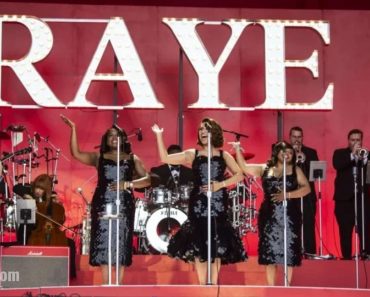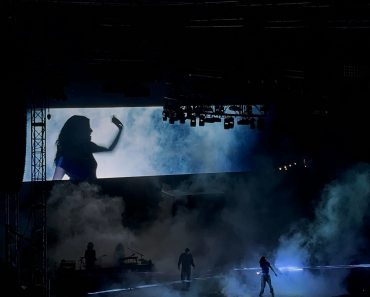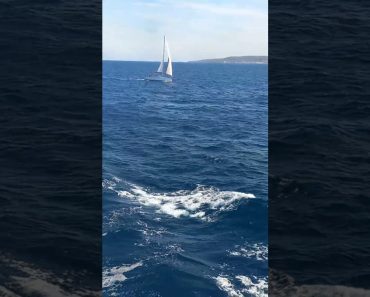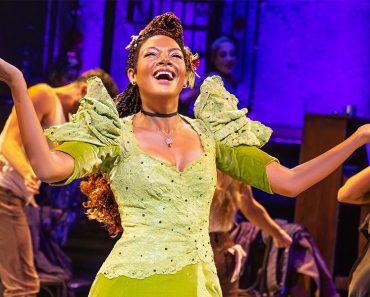
Music / Love Songs, Harmonic Curves Series, Alice Giles and Andrew Goodwin. At Wesley Music Centre, October 19. Reviewed by SARAH BYRNE.
The first time I heard harpist Alice Giles was some 35 years ago with the Queensland Symphony Orchestra, and in her mid-20s she was already an international star.
Now resident in Yass, this year she has been serving up her innovative Harmonic Curves series to Canberra audiences, featuring arrangements for harp and another instrument. This time she was partnered by the glorious tenor of Andrew Goodwin, whom I heard only a few weeks ago in concert with soprano Lorena Gore.
Despite the promise of a “lighter” program of music, the tunes were generally melancholic and minor keys abounded, but all beautiful, and impeccably performed. The duo opened with Caccini’s Amarilli, My Fair One, Goodwin liquid and sonorous, Giles discreet and immaculate.
Next they gave us Ombra Mai Fu from Handel’s Xerxes; love for a tree was not so well expressed again until Ogden Nash. This was followed by “the tragic one”: Respighi’s beautiful A Chloris, a quite modern introduction segueing into pure classicism.
If I have one criticism of the concert as a whole, it became most apparent here – and that is that Goodwin’s magnificent voice did not require amplification, especially in the tiny venue of the Wesley Music Centre. The microphone was an unnecessary distraction (at times, detraction).
After a thrumming bass from Giles anchored Goodwin’s soaring voice in Hahn’s La Barcheta, where the wordless vocals melded impressively with the melodious harp, we were treated to five Greek folk songs as arranged by Ravel, with the harp at times evoking the bouzouki. Wake Up, My Dear was catchy and engaging; Out There, Where The Church Tower more ethereal and dramatic, and a suitable first act closer in the aptly titled Be Gay! – the most cheerful piece of the afternoon.
After a short interval, we were treated to three solos by Giles, all arranged by Salzedo – of particular note because I believe Giles’ stunning art deco harp is itself a Salzedo design (it’s so impressive I had to go looking for it online). These arrangements were pretty, with lovely baroque lines in Massenet’s Menuet d’Amour, and some thrilling glissandi in All Those Endearing Young Charms. Slightly less successful, in my mind, was the arrangement of Londonderry Air, only because the piece is so well known I would have liked to hear something different about it. Like The Importance of Being Earnest, I will never not enjoy it, but it deserves a fresh treatment.
Goodwin rejoined us then for Una Furtiva Lagrima from Donizetti’s Elixir of Love, and happily brought All. The. Drama. This was superbly performed, the highlight of the afternoon, and from the exchange of grins between musicians they knew they had absolutely nailed it. It was followed by the lovely Apres Un Reve, by Faure.
I was challenged by the next offering, Britten’s Birthday Hansel Op 92, a song cycle composed around poems of Robert Burns, for the last Queen Mother’s birthday, and possibly the most Britten thing ever. Britten is to me as Wagner was to Rossini – wonderful moments, but awful half-hours.
Though titled Birthday Song, I would not have cavilled if told it was a missing extract from one of the darker parts of Turn of the Screw. But enjoy this particular style of music or not, it was fascinating to watch and hear these virtuoso performers deliver such challenging pieces with such grace and precision – particularly with a mobile phone competing loudly in not one but two separate pieces.
Fortunately, we scored an encore, so the program finished with another Greek song called Hoping and Waiting, a yearning melody and a great choice for both instruments.







